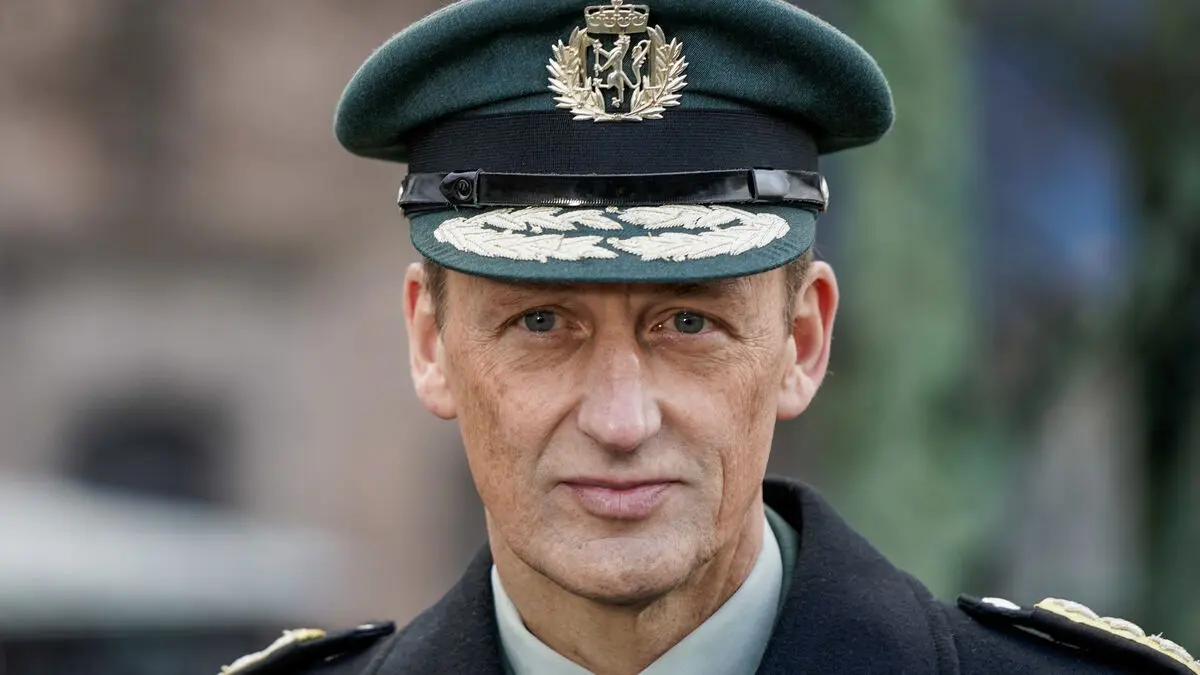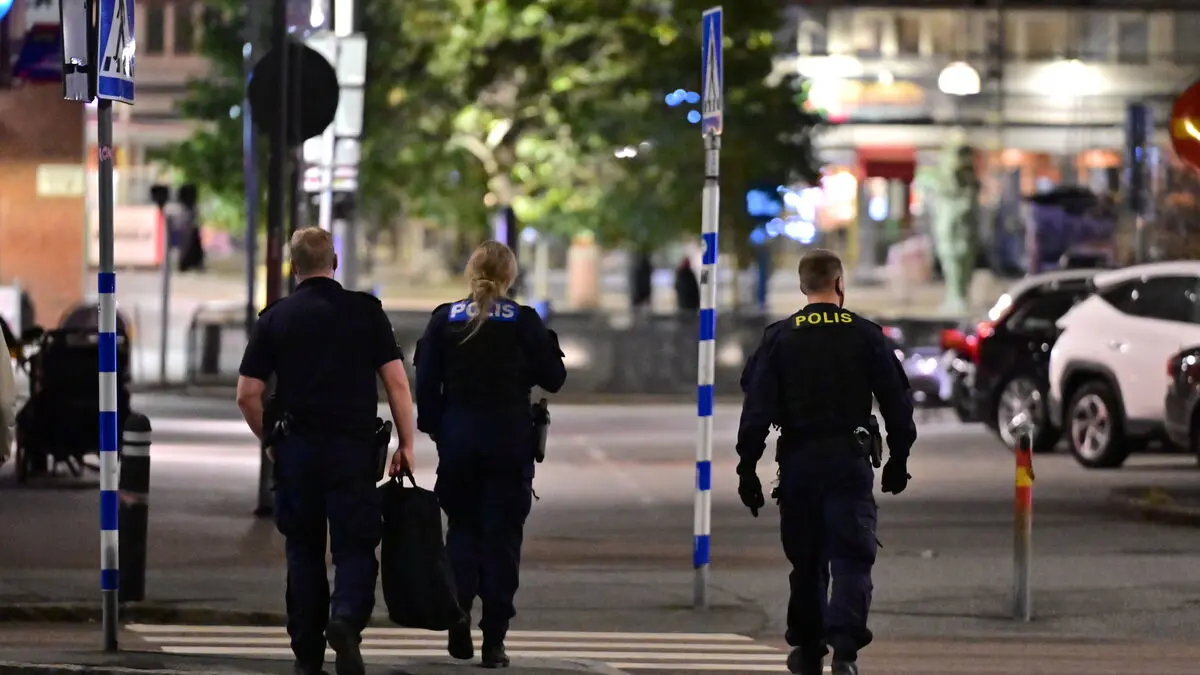The jury announced its decision at a press conference on Friday afternoon. It was between Kiruna and Uppsala, and the jury chose the Norrbottnian city with the concept "Movement. Below ground. On earth. In space".
It is a location with a significantly smaller budget that beats the venerable student city Uppsala.
"A lot going on"
We want to show that a small but personal location can have a lot to offer and we really have a lot going on in Kiruna that we want to share. Sometimes it can feel lonely up here, but our heartbeat is the same as everywhere in Europe, says Emma Jonsson, growth strategist in Kiruna Municipality.
This will be the first time since 2014 (Umeå) that a Swedish city becomes European Capital of Culture. Even Stockholm has been it, 1998.
I hope that the presidency will be an opportunity for more people to discover Sweden's culture, says Sweden's Minister of Culture Parisa Liljestrand (The Moderate Party).
Disappointed
Erik Pelling (The Social Democrats), municipal councilor in Uppsala, is naturally disappointed that the jury did not rule in their favor, but sends warm congratulations to Kiruna.
We were the only cities in the country that entered this competition and show that we invest in culture – and that in itself is a concern. We will continue with our efforts even further, he says.
Formally, the European expert jury's statement is a recommendation to the Swedish government on which city they should appoint. A formal report from the jury will be submitted to the Swedish government in January 2025, and thereafter the government will notify the European Parliament, the Council, the Commission, and the Committee of the Regions about the appointment.
Last summer, over 20 Polish cities had expressed their interest in becoming the capital of culture, while only 2 had done so in Sweden: Uppsala and Kiruna. In an early stage, Malmö and Borås were also interested, but dropped out with the motivation that the effort would be too expensive.
Even the Polish city of Lublin can call itself the capital of culture 2029.
Since the start in 1985, more than 60 cities within and outside the EU have been appointed as capitals of culture.
It was Greece's Minister of Culture Melina Mercouri who came up with the idea to appoint an annual cultural city to bring Europeans closer together by highlighting the richness and diversity of European cultures and increasing awareness of their common history and values.
Sweden has been the host twice before: Stockholm 1998 and Umeå 2014. The Swedish Arts Council has the government's assignment to be responsible for the coordination of the Swedish hosting of the European Capital of Culture 2029.
Source: Ministry of Culture






